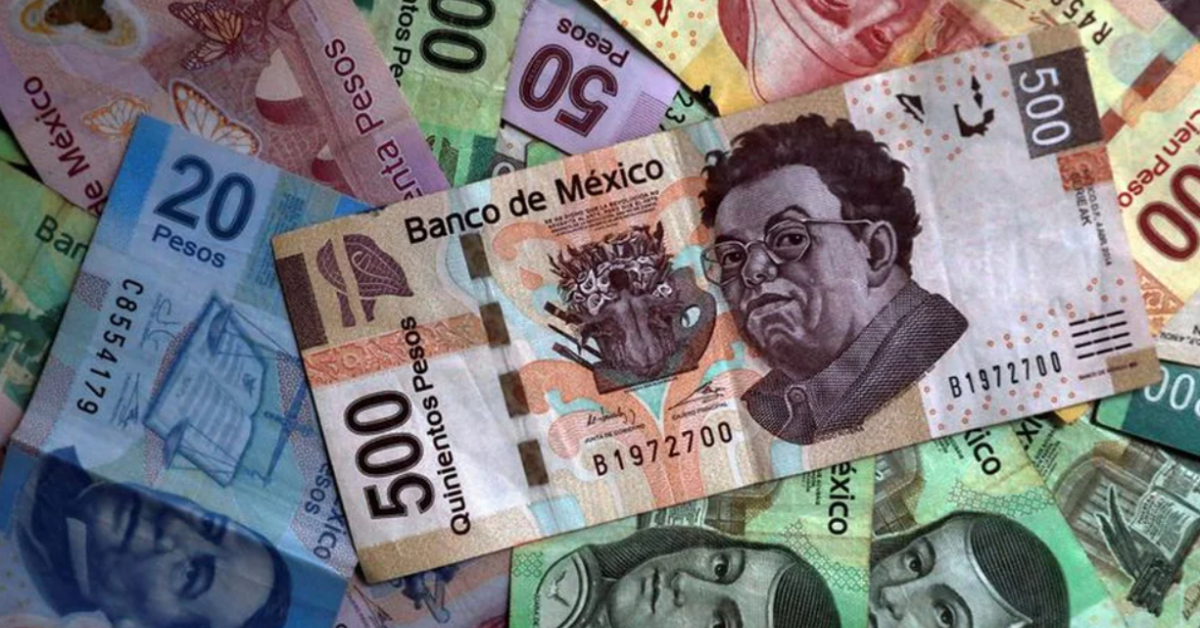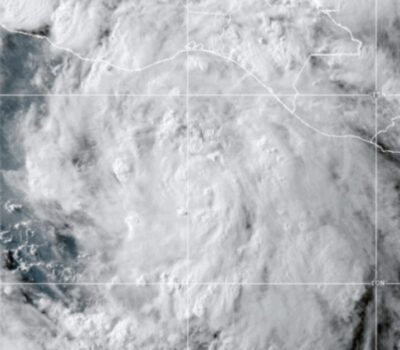Mexico will have “zero growth in 2023,” as Bank of America Securities predicted, drastically lowering its growth estimate for the country over the next year from 1% to zero.
According to the firm, this will be a consequence of the expected economic slowdown in the United States -which will have an impact on Mexico-, high-interest rates, in addition to the conflict on the energy issue within the framework of the trade agreement between Mexico, the United States and Canada (T-MEC) due to the policies implemented by the government of Andrés Manuel López Obrador (AMLO).
“We believe the main driver will be the US slowdown, in part driven by higher interest rates, which we expect will hit Mexico with a lag. The internal factors that will slow down the activity in Mexico are the higher interest rates, the still strict fiscal policy, and the renewed uncertainty given the energy dispute of the T-MEC ”, they highlighted in the document entitled “Mexico: zero growth in 2023″.
The international firm considered that a certain strength in remittances can cushion the slowdown, but the risks are downward for the Mexican economy.
“We do not expect fiscal or monetary policy to react in a countercyclical way,” they stressed.
Regarding the situation in the United States, the Bank of America considered that there will be a greater slowdown as the Federal Reserve (FED) continues to raise its interest rates, which will impact Mexico.
“Given the high historical correlation in business cycle frequencies between the United States and Mexico, we expect the US slowdown to spread to Mexico with a delay ”, the report highlighted.
The high political uncertainty is one of the reasons why investment remains weak in Mexico, which remains around 10%, and highlighted the energy controversies seen as a violation of T-MEC and formal complaints against Mexico by the United States and Canada.
“The United States and Canada have recently entered into a dispute with Mexico through the USMCA over Mexico’s nationalist energy policies. The process will take many months and could end with the imposition of tariffs by the United States and Canada on Mexico”, they stressed.
On July 20, the United States and Canada announced that they would file disputes against Mexico – each separately – considering that Mexico’s energy policy is in violation of the Trade Agreement between the three countries (T-MEC).
“We agree with the United States that these policies are inconsistent with Mexico’s obligations in the T-MEC,” said Alice Hansen, spokesperson for Canada’s International Trade Minister, Mary Ng, in a statement.
“We are joining the United States in taking action by launching our own consultations under the USMCA to address these concerns while supporting the United States in its challenge,” Hansen said.
That same day, the United States government requested consultations on the settlement of disputes with Mexico under the free trade agreement (T-MEC) on what it considers discriminatory energy policies.
Mexico will have "zero growth in 2023," as Bank of America Securities predicted, drastically lowering its growth estimate for the country over the next . . .












